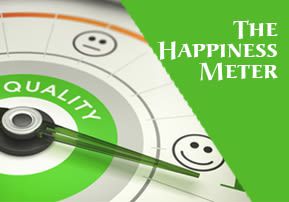
The Happiness Meter
King Solomon gathered together his wise men to meditate and come up with a cure for depression, which, being the opposite of happiness, is considered a sin…

The highest mitzvah is to be happy (b’simcha). Therefore, being happy would be a very sensible goal to pursue. Is it possible to always be happy? An ancient Jewish folktale explains that King Solomon gathered together his wise men to meditate and come up with a cure for depression, which, being the opposite of happiness, is considered a sin. They told him to fashion a ring and engrave upon it the words “This too shall pass”. (In Hebrew Gam Zeh Yaavor).
The King made the ring and wore it constantly, looking at it whenever he felt sadness coming on. His mood would then change, and he would be happy. The ring was a reminder to celebrate every passing moment because things can change in the blink of an eye. Each day is a new day, and no two days are exactly the same. One day things can go our way and we have the Midas Touch, and the next day nothing seems to go our way. So we alternate between “thumbs up” days and “thumbs down” days, and that’s life. This attitude helps keep things in perspective.
Although it is true that time heals and change is a fact of life, what can we do to protect ourselves from despondency? It certainly helps to understand that Hashem controls the world, and sometimes we’ll be on top while other times things will not feel quite right. We try to be mature enough to accept that fact. There is something else we can do. Because happiness is a choice, we can choose to avoid extreme over-the-top elation. If we ever feel euphoric (the highest degree of happiness), we are destined to eventually feel 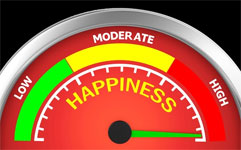 very sad or even depressed when that ecstatic feeling passes. What goes up must come down.
very sad or even depressed when that ecstatic feeling passes. What goes up must come down.
When we decide to contain ourselves, to self-regulate, to refrain from getting so excited and enthralled with something to the point where we’re flying higher than a kite for more than a few minutes, we won’t crash when that feeling subsides, as it invariably will at some point. Putting too much emphasis on making ourselves feel good is a function of not seeing the grander scheme. Minimizing the “I” factor (our ego) helps a lot. When we modulate our highs, then our lows won’t turn to depression. It’s like a balance scale. We can opt to measure our reaction to the highs that excite us and the lows that rock our world. By staying in the mid-range, expecting good and being grateful but not arrogant about our happiness and good fortune, we will be better prepared to ride the wave when it pulls back.
We can apply this principle to our interactions with others. When we receive a compliment and accept it graciously without allowing our ego to become inflated, we remain in the middle range of happiness—–content and appreciative without bursting at the seams. The same is true for insults. If someone is chosen by Hashem to tell us off, we accept it as Hashem’s will, and we do not attack His messenger nor do we become rattled, angry, depressed, or in self-persecution mode. Introspection helps us to push aside the effect (the insult) and objectively look inside for the cause. If we encounter a very trying or tragic situation, Judaism allows us a period of grieving but expects that we limit our sadness because we have faith in the bigger picture.
We can reach a state of equanimity (composure, calmness, self-control) when we make a decision to not take things personally and to see ourselves as players in the drama of life created by Hashem for the purpose of elevating the world. When we decide that the positives (the praise, the accolades we receive, the successes) as well as the apparent negatives (the insults, the failures, the challenges) are all part of the process to bring us to the awareness that G-d is communicating with us, we use both situations as motivators for growth. The way we grow is to break out of our comfort zone—-to become better rather than bitter, to refuse to blame or complain, to expand our thinking, and to become givers, sharing our gifts with the world.
Remembering that moments are fleeting and that “this too shall pass” not only encourages us to not ponder too intensely the things that pull us down, but to also appreciate the times that we are energized and joyful because they also fly by. When we measure our emotions on the happiness meter, it becomes easier to move out of our comfort zone and even be happy with our problems. Living in the moment and accepting the concept of time and change, knowing that we have the power to choose to be happy rather than wallow in sadness, helps us see ourselves as part of something wondrous that is emerging. Once again, we trust in Hashem’s Plan, His wisdom, and His kindness so we can grow to be happy even under pressure.






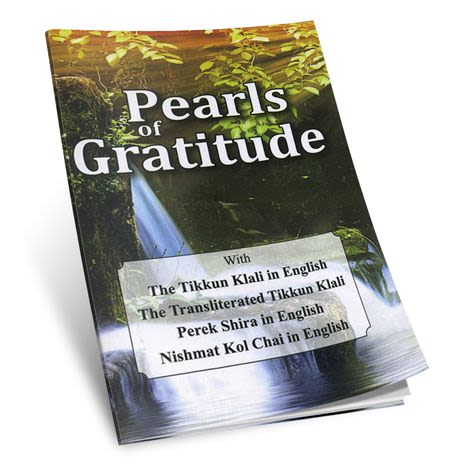

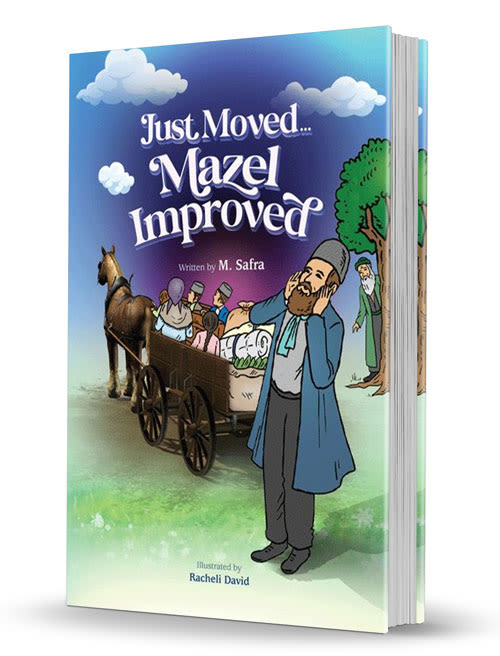


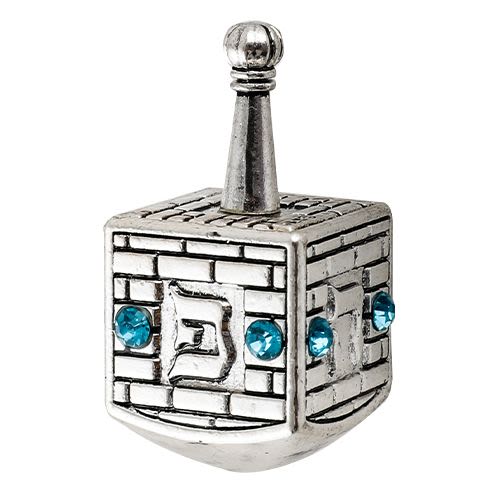
Tell us what you think!
Thank you for your comment!
It will be published after approval by the Editor.